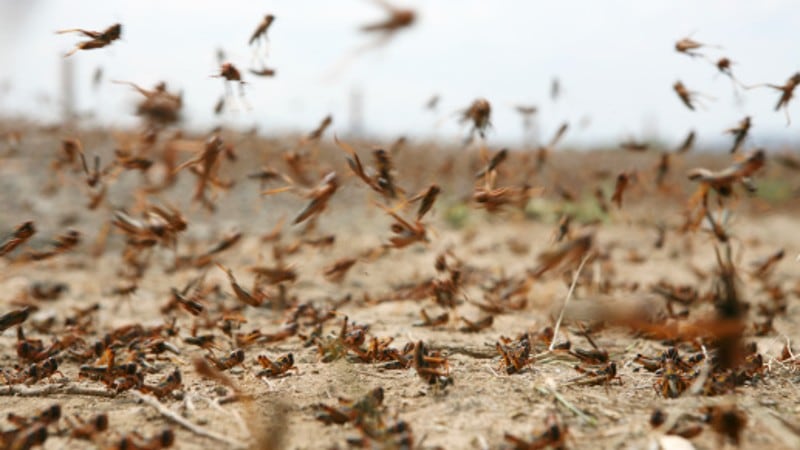The MFDS had held the inspection last month mainly to alert high school students who are preparing to take their university entrance exams this month.
It flagged 194 cases after inspecting 1,015 e-commerce sites. The sites that have posted these advertisements were ordered to shut down.
Most of the advertisements had made untrue and exaggerated claims (44.8 per cent), misled consumers to view general foods as health functional foods (28.4 per cent) or misled consumers to view general foods as medicines (13.9 per cent).
In terms of untrue and exaggerated claims, some of the advertisements have claimed that the health functional food in question could “aid students’ sleep” or “aid students’ immune health” – which are claims not recognised by the authorities.
On the other hand, red ginseng drink – a form of general food – was advertised as an antioxidant and could alleviate memory deterioration.
Although general foods can now make functional claims, this is only the case when there is sufficient evidence backing the claims.
Moreover, in the case of red ginseng, it has only been allowed to make the claims “improves immunity” and “relieves fatigue” and “improve bone health” when registered as a health functional food.
There were also cases of general foods making unsupported claims such as “improving students’ concentration.”
In another case, some advertisements were said to have cause consumer confusion by advertising general foods as herbal medicines – such as Chongmyungtang which is known for improving learning and memory and Gyeongokgo for health improvement.
Other cases were caught for making disease prevention or treatment claims, such as preventing dementia.
Expert team
The MFDS said that its inspections were carried out by a team of 51 external experts from the medical field, consumer groups, and academia.
“The internal advertising verification team is organised and operated by the MFDS in three subcommittees since 2019 who objectively assess unfair advertisements of food and drugs in order to provide accurate information to the consumers.
“The verification team urges students taking exams not to be deceived by the advertisements making fake claims such as ‘improving memory’ and should instead adopt a positive lifestyle,” the MFDS said.
The regulator added that products of high public interest will continue to rank high in its online advertisement inspection list.





